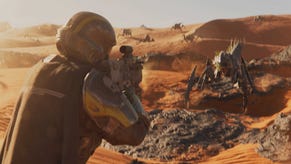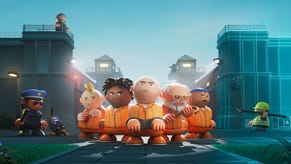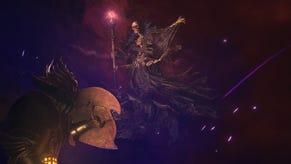Rushdie: Nintendo can help liberate Iran
Top author says drop games, not bombs.
Booker Prize-winning author Salman Rushdie believes Nintendo holds the key to bringing about ideological revolution in the conservative Islamic Republic of Iran.
The scribe, who famously went into hiding after Islamic extremists issued a fatwah following the publication of his allegedly blasphemous 1988 novel The Satanic Verses, told Big Think, "I often think that the best way to liberate Iran is just to drop Nintendo consoles from the air. And Big Macs."
"If you look at the opponents of the Iranian regime, the green movement in Iran - that clearly represents a young, liberal, modernising spirit that exists in that country," Rushdie explained.
"And in every Muslim country you will see that. You will see particularly young people. They don't want to live according to the rules that the old gray-beard mullahs set for them, so I think if we want to look at the Muslim world you have to look at it in those ways.
"You have to look at it as a world in conflict," he continued "And what we need to do is to support, I think, that modernising positive way of being a Muslim, which involves living in the world as it is.
"Support that and encourage that, and be extremely critical as we should be, of that other tyrannical, despotic, medievalist Islam, which unfortunately is in power in a lot of places."
Aside from talk of carpet bombing Tehran with Game Boys, it's a fascinating chat. Among other topics, the Rushdie goes on to discuss his thoughts on Red Dead Redemption's non-linear structure.
"I think that really interests me as a storyteller because I've always thought that one of the things that the internet and the gaming world permits as a narrative technique is to not tell the story from beginning to end – to tell stories sideways, to give alternative possibilities that the reader can, in a way, choose between," he explains.








